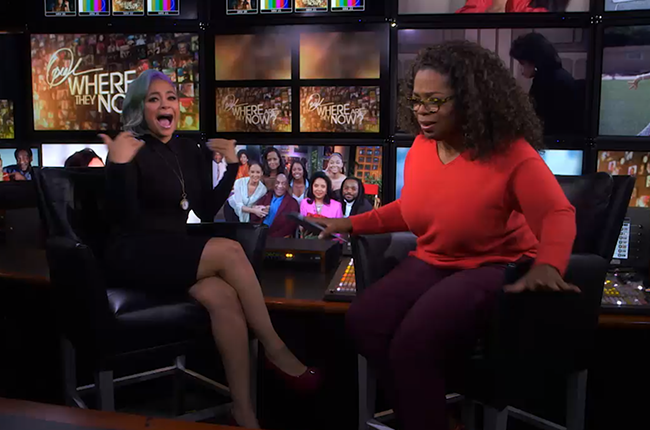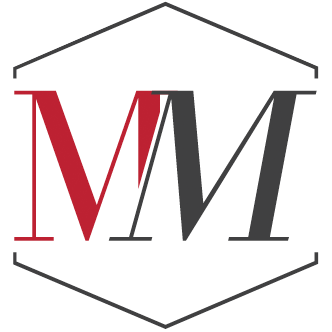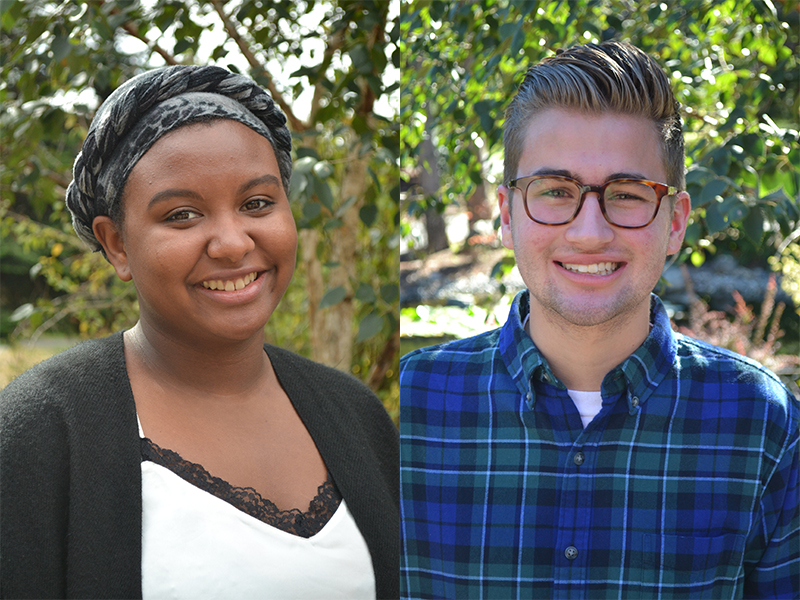Raven-Symoné doesn’t want to be labeled. She isn’t bisexual, lesbian, gay, queer, or African-American. She’s just Raven.
Symoné re-entered the news after being interviewed by Oprah Winfrey, commenting she was tired of being placed in a category to describe her sexuality.
“I don’t need language,” Symoné said. “I want to be labeled as a human who loves humans.”
Her thoughts can certainly resonate here at Pacific Lutheran University. Last year, the project “My Language, My Choice” pioneered individual responsibility by highlighting the impact one can have with language used toward others. The message was clear. Words can hurt, language matters and opening dialogue is vital to making communities more inclusive.
As individuals, we shouldn’t have a right to make labels for others. We shouldn’t get to categorize anyone. We shouldn’t ask “what are you?” or tell people how “gay” they’re allowed to be. Our perception of modern stereotypes doesn’t give us any authority to decide for others who they’re supposed to be or how they’re supposed to act.
Symoné took her assertion about labels even farther than stereotypes.
“I’m an American; I’m not an African-American,” Symoné said. “I’m an American. And that’s a colorless person because we are all people.”
Symoné believes every American is supposed to be a melting pot. She said she connects with all races, genders, and sexualities — one sole label doesn’t need to fit her. She is an American woman named Raven, and that’s all people should see her as. Symone’s assertion is certainly beautiful, but there’s the question of if we really enter a society where the only way we categorize others is the fact that they are alive and sharing in this universe with us.
Labels and categories aren’t innately wrong or harmful. If you want to be labeled as Latino, gay, straight, white, black or whatever you please, then do it. Embracing yourself is what is most important, and if identifying yourself with language helps you do it, then do it.
But a society that didn’t focus on labels or language could invite a new, unprecedented form of inclusivity. What mattered would be your presence in life as a human being who can serve a purpose. Your gender, sexuality, race, religion — it wouldn’t need any label. It would not need to matter beyond how it served the community.
PLU should strive to be this community. This message is remarkably in-tune with the social justice messages present on campus.
What should matter is that you are here, not what you have been branded as in your past. You are engaged in thoughtful inquiry, service, and care.
To see the interview, visit http://www.oprah.com/own-where-are-they-now/Why-Raven-Symone-Says-Shes-Tired-of-Being-Labeled-Video




















